Toxic music products have long infiltrated cultural life, causing unpredictable consequences for the public, especially the youth.
In the list of songs that were "named", some products such as Phao's "The Unjust Career" attracted tens of millions of views online, thereby raising many concerns.
PHOTO: YOUTUBE SCREENSHOT
When music becomes "poison"
In recent days, this issue has become "hotter" than ever when a song by singer Jack with vulgar, "culturally deviant" lyrics was strongly condemned by the public and authorities. Not only this case, a series of products such as Su Nghiep Chuong (Phao), Mien Mong Mi (Gducky), CLME (Hoang Ton - Andree - Tinle), Chua Bao Gio (DSK), Keo (Andree), Cao Oc 207 (B Ray - Dat G), Trinh (Hieuthuhai), Em iu (Andree - Binh Gold)... were also named.
The above mentioned music products were put on the "blacklist" because of meaningless, careless, even offensive and vulgar lyrics; destroying the purity of the Vietnamese language. Not stopping there, many songs also contain offensive and toxic content and messages: from venting anger, attacking each other to promoting deviant, loose, decadent lifestyles, using stimulants, gangster behavior, and other social evils.
On October 27, the Department of Performing Arts and the Department of Radio, Television and Electronic Information (Ministry of Culture, Sports and Tourism) held a working session on a plan to rectify and strictly handle the recent situation of many songs with offensive lyrics and cultural deviations being spread on social networks. Director of the Department of Performing Arts Nguyen Xuan Bac affirmed that he will resolutely request units to strictly handle musical activities that deviate from standards, have offensive lyrics, inappropriate dress, and do not ensure good customs and education .
In fact, there have been many cases where artists have been fined by management agencies for music products with offensive, vulgar, and "culturally deviant" lyrics and content. Among them, rapper Chi Ca was fined in 2021 because the song Censored used offensive, unethical language. In the same year, the group Rap Nha Lam was fined 45 million VND for a product with content that insulted beliefs and religions. In 2022, Son Tung M-TP was fined 70 million VND and forced to remove and destroy all recordings of the MV There's No One At All because it carried a negative message and was not educational. Despite deterrent measures from authorities, this situation continues. That makes the public ask: "When will trash music be eliminated?".
Consequences of "trash music"
A paradox that needs attention is that songs containing vulgar and offensive lyrics and even songs promoting toxic lifestyles are welcomed by many young audiences when released. In the list of songs "named" by the Propaganda and Mass Mobilization Department of the Ho Chi Minh City Party Committee, Trinh by Hieuthuhai has more than 31 million views, while Phu's Nghiep Chuong has more than 25 million views, only on the YouTube platform.
Hieuthuhai is among the artists being "called out" for "non-standard" music products, negatively affecting the audience.
PHOTO: NV
Toxic and vulgar lyrics bring many consequences to listeners, especially young audiences. In the document of the Propaganda and Mass Mobilization Committee of the Ho Chi Minh City Party Committee, it is stated: "The above musical expressions affect good customs, artistic aesthetics, cultural standards of behavior, and affect thinking and actions, especially among young people, and the public's view of the image of artists."
Surfing social networks, it is not difficult to find music products that go against cultural norms but are supported with high views and interactions. This is an alarming situation in the artistic environment, for both creators and recipients. Because in reality, if not handled seriously, this direction naturally becomes a "formula" for many young artists on the journey to create a musical work. Over time, standards in artistic creation are broken, the cultural environment from there also falls into the situation of "one bad apple spoiling the barrel" if there are no timely measures to prevent it.
Expressing his opinion, musician Nguyen Van Chung commented: "A song can be about any topic, any content, can be joyful, happy, painful, sad, reproachful, dissatisfied... anything, but every word and meaning must be carefully considered, not simply like a semantic game of attaching vulgar everyday sayings to a forced melody. A song can be good or not good, can be bad or out of date, can be commercial or academic, whatever, but it absolutely cannot be shameless, because it is the brainchild of each musician, representing the soul and cultural background of that musician, and being a musician means creating beautiful works of music."
From the listener’s perspective, many young people are guided by vulgar lyrics and toxic lifestyles, which give rise to deviant expressions in both words and actions. According to musician Sy Luan, when offensive things are repeated, they will unintentionally become a normal thing in society. The author of the song Ao Dai Oi believes that if there are no strict measures to handle it, it will become a danger to society.
Doctor of Sociology, psychologist Pham Thi Thuy (lecturer at the Regional Political Academy II), commented that sometimes offensive behaviors are praised by the majority, making many young audiences think that it is the right thing to do. "That deviation happens silently but is extremely dangerous. In the long run, when listening to many products with such deviant language, it will seep into children's brains, not only deviating their thinking but even normalizing bad things, thinking that those things are normal, are style, are personality. Teenagers are affected the most because they are at the age of forming personal identity, easily influenced by group activities, for example, whoever their friends idolize, they will easily idolize, like to rebel, do things their parents forbid, in the long run affecting their personality development," Ms. Thuy emphasized.
Music goes beyond the realm of entertainment and is considered a means to convey emotions and positive messages, not a weapon to insult and humiliate each other and then disguise as a "product". Discussing this issue, musician Nguyen Van Chung frankly shared: "That is not the function of a song. Artists should not insult their profession!". (to be continued)
Source: https://thanhnien.vn/dep-loan-nhac-rac-su-lech-chuan-nguy-hiem-185251028221952878.htm


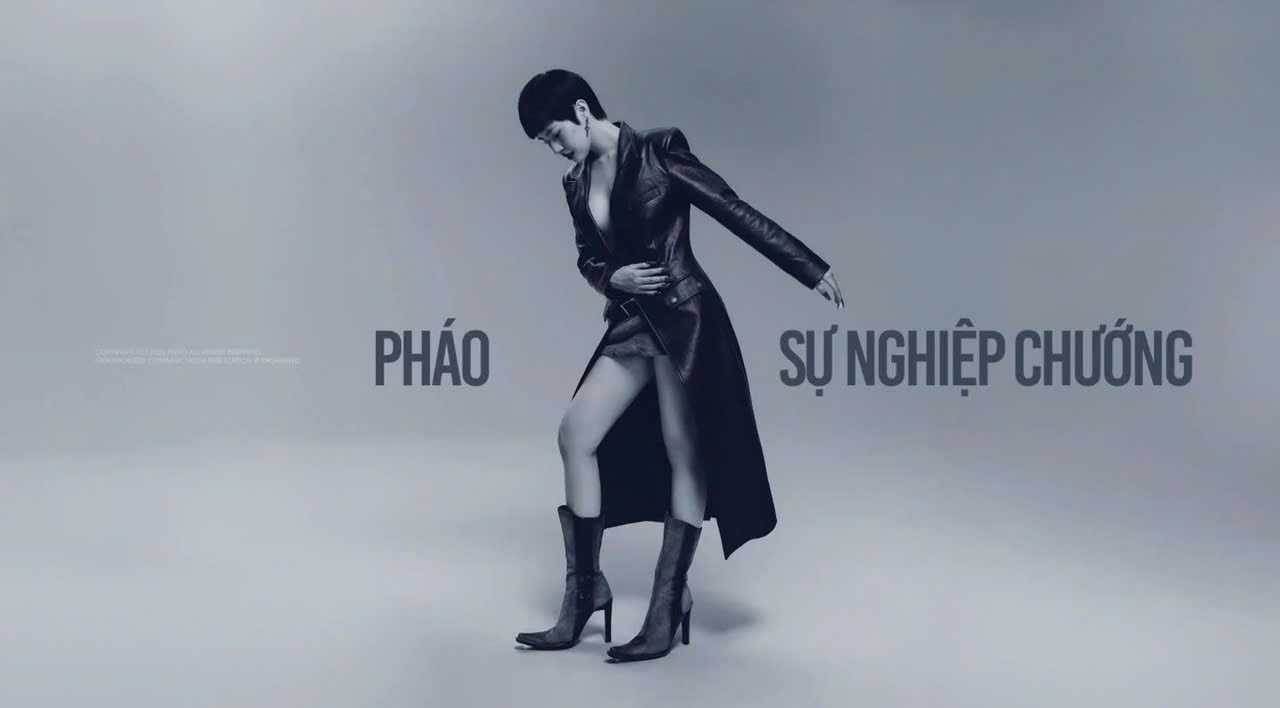
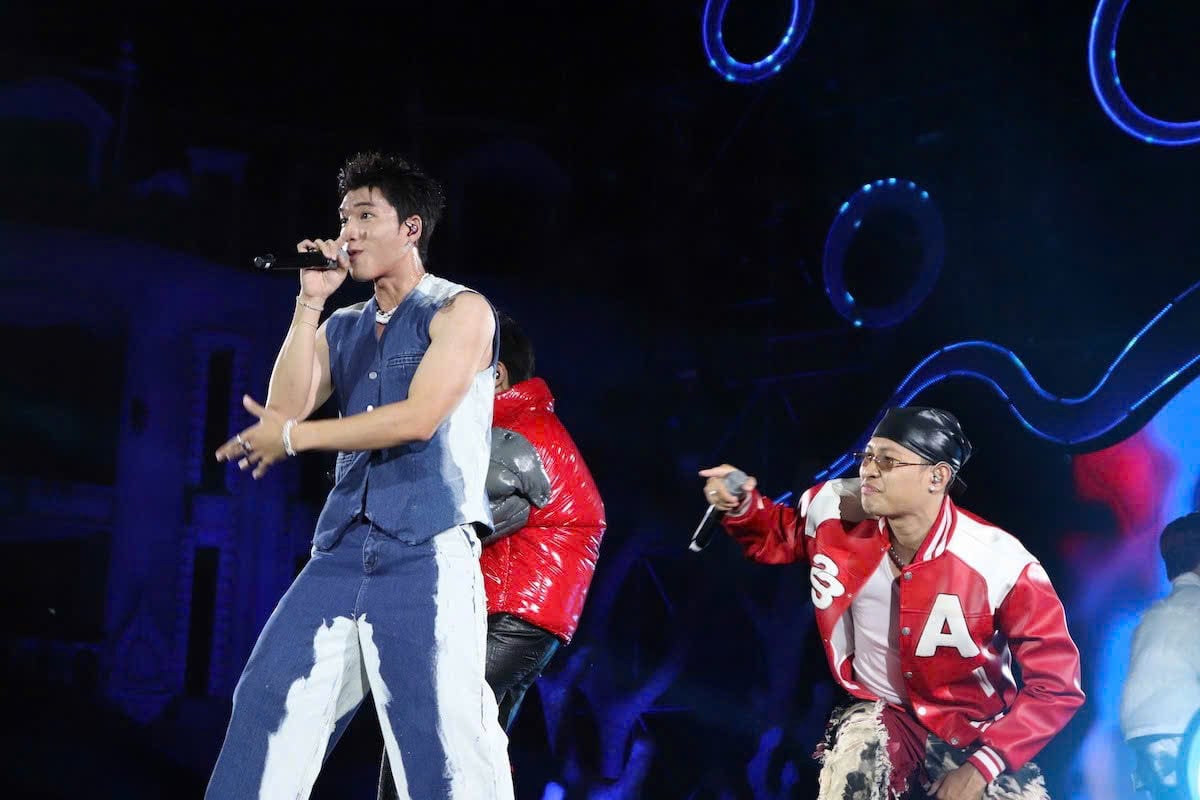
![[Photo] Draft documents of the 14th Party Congress reach people at the Commune Cultural Post Offices](https://vphoto.vietnam.vn/thumb/1200x675/vietnam/resource/IMAGE/2025/10/28/1761642182616_du-thao-tai-tinh-hung-yen-4070-5235-jpg.webp)

![[Photo] National Assembly Chairman Tran Thanh Man received a delegation of the Social Democratic Party of Germany](https://vphoto.vietnam.vn/thumb/1200x675/vietnam/resource/IMAGE/2025/10/28/1761652150406_ndo_br_cover-3345-jpg.webp)


![[Photo] Flooding on the right side of the gate, entrance to Hue Citadel](https://vphoto.vietnam.vn/thumb/1200x675/vietnam/resource/IMAGE/2025/10/28/1761660788143_ndo_br_gen-h-z7165069467254-74c71c36d0cb396744b678cec80552f0-2-jpg.webp)








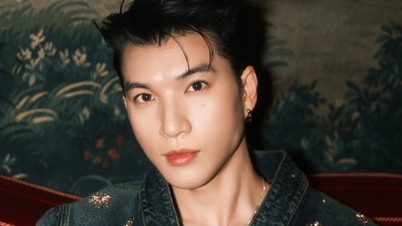
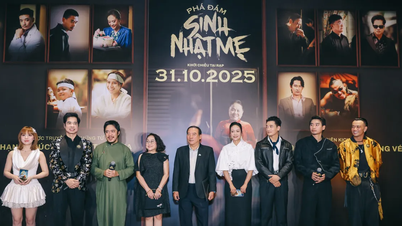



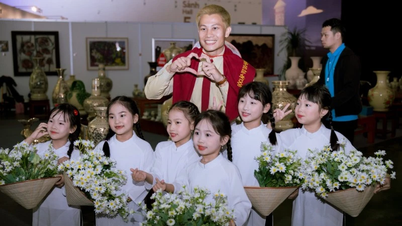


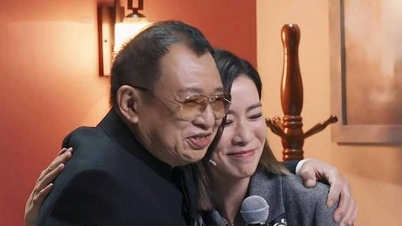




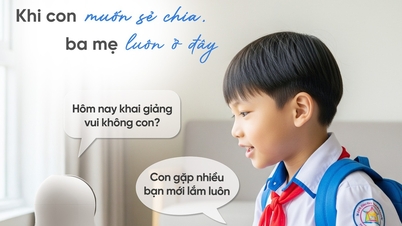




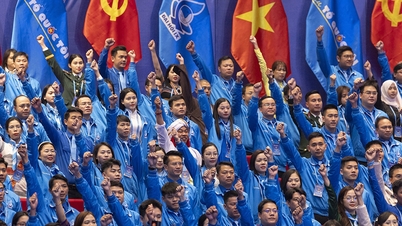

![[Photo] President Luong Cuong attends the 80th Anniversary of the Traditional Day of the Armed Forces of Military Region 3](https://vphoto.vietnam.vn/thumb/1200x675/vietnam/resource/IMAGE/2025/10/28/1761635584312_ndo_br_1-jpg.webp)










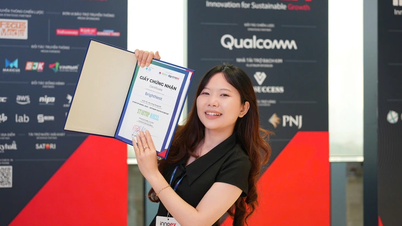







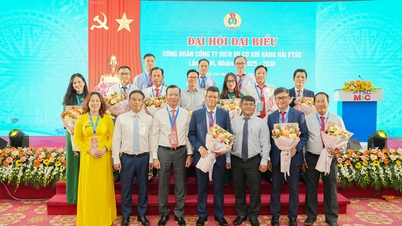
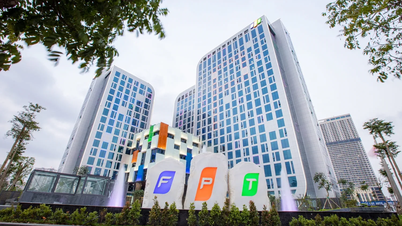
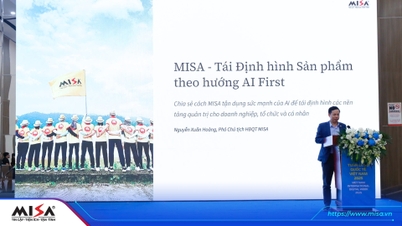










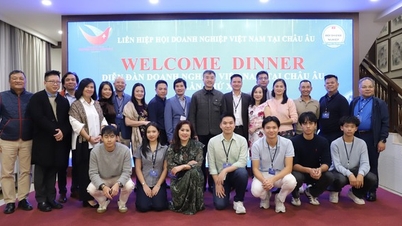









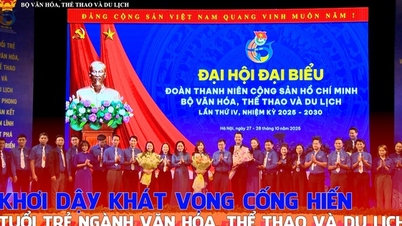
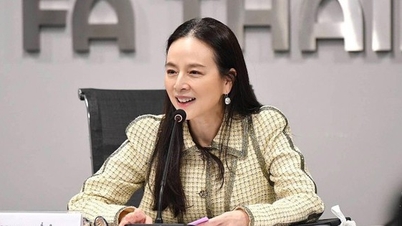
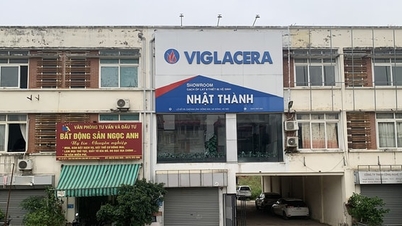







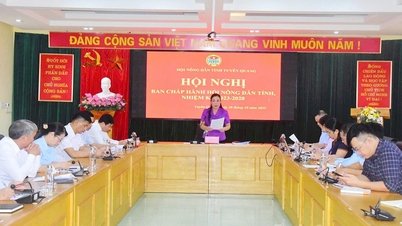

















Comment (0)